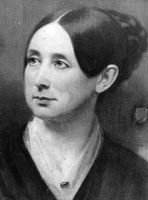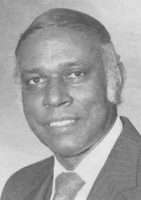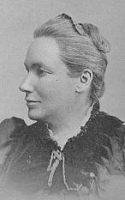Search hundreds of concise biographies of notable people and events in Unitarian, Universalist and UU history.
A project of the Unitarian Universalist Studies Network (UUSN)
Browse Dictionary by Category
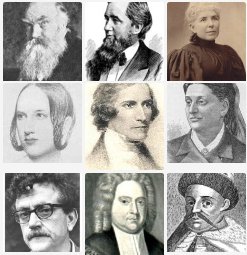
Welcome to the New DUUB!
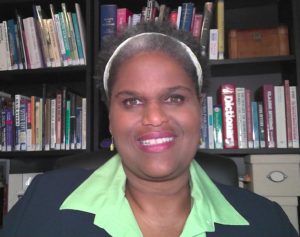
Launched in 2000, the Dictionary of Unitarian & Universalist Biography, affectionately known as “The DUUB,” is a public web resource that contains hundreds of biographies of Unitarian, Universalist, and Unitarian Universalist (collectively referred to as U/U) leaders and individuals. Articles have been contributed by a number of historians and researchers, many recognized experts on their subjects. The theme in many of these biographies is the relationship between personal religious conviction and achievement in the larger world.
I am honored to serve as the new editor of the DUUB and to launch this updated website with the hope of making U/U history more accessible to a wider audience. Please note that we are continuing to migrate existing articles from the previous DUUB site to this new site. New information will be added weekly over the coming months. We are also soliciting new content as we strive for broader representation among our subjects and contributors, especially as it relates to occupation, geographic location, race, ethnicity, gender identity, and sexual orientation.
Look around and check out our site! If you have questions, want to recommend inclusion of a particular biography, or want to submit an article yourself, please Contact Us.
Connie Simon, Editor
Featured Biographies
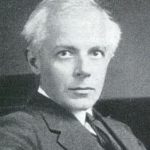
Bartok, Bela
Béla Bartók (March 25, 1881-September 26, 1945), the greatest Hungarian composer, was one of the most significant musicians of the twentieth century. He shared with his friend Zoltán Kodály, another leading Hungarian composer, a passion for ethnomusicology. His music was
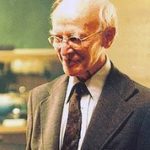
Hartshorne, Charles
Charles Hartshorne (pronounced Harts-horne—as in “deer’s horn”) (June 5, 1897-October 9, 2000) was the 20th century’s leading exponent of process theism. In his long career of more than 70 years, he vigorously defended the thesis that God presides over an
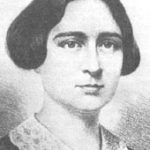
Blackwell, Antoinette Brown
Antoinette Louisa Brown Blackwell (May 20, 1825-November 5, 1921), a women’s rights activist and social reformer, was the first American woman to be ordained as minister by a congregation. Always ahead of her time, she with great difficulty broke trails
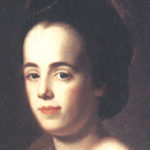
Murray, Judith Sargent
Judith Sargent Murray (May 5, 1751-June 9, 1820), essayist, poet, and playwright, was the most prominent woman essayist of her day. She argued forcefully for improved female education and for women to be allowed a public voice. She was among
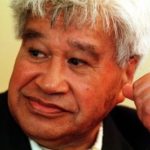
Tuwhare, Hone
Hone Tuwhare (October, 1922-January 16, 2008) was one of the leading poets of the twentieth-century. Building on his Māori and Scottish background, his poetry reflected, critiqued, and celebrated New Zealand culture and its people. He was a social justice advocate,
